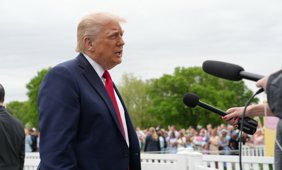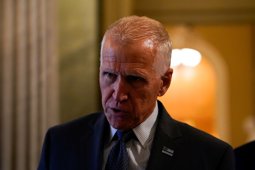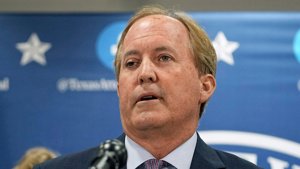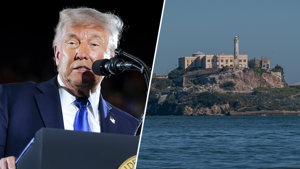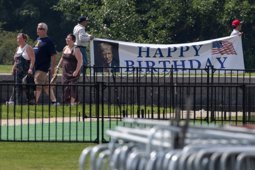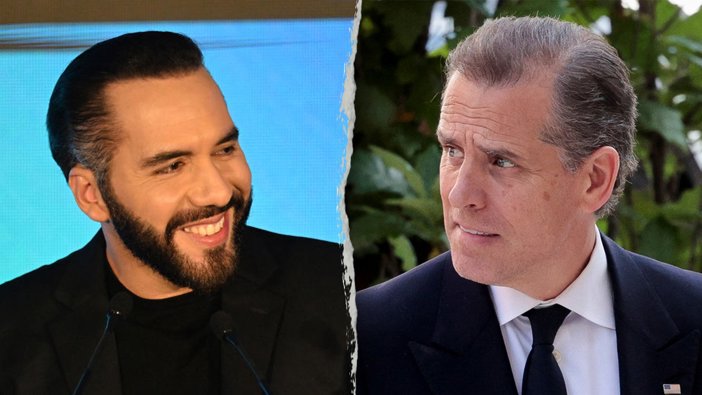
Bukele Mocks Hunter Biden’s Drug Use and Threat
El Salvador’s President Bukele mocks Hunter Biden’s invasion threat and past drug use, stressing ongoing U.S.-El Salvador cooperation.
Bukele Ridicules Hunter Biden’s Threats and Drug Use
President Nayib Bukele of El Salvador has responded sharply to threats from Hunter Biden, who claimed during a podcast interview that as president, he would threaten military action against El Salvador if the country refused to return illegal immigrants held in its CECOT penitentiary. Rather than treat the remarks with seriousness, Bukele took to social media to ridicule Biden—pointedly referencing the younger Biden’s well-documented history of drug use. “Is Hunter Biden sniffing powdered milk?” Bukele quipped on X, referencing Biden’s own admissions regarding past crack cocaine addiction and substance abuse, including a televised statement that he smoked “more Parmesan cheese than anyone you know.”
Bukele’s mocking tone was a direct response to the explicit language Biden used in the podcast, where he railed against both President Donald Trump and Bukele, calling them “dictator-thugs” and vowing to “pick up the phone and call the f---ing president of El Salvador and say, ‘You either f---ing send [illegal immigrants imprisoned in CECOT] back or I’m going to f---ing invade.’”
Diplomatic Cooperation Continues Despite Rhetoric
Despite Biden’s threats, Bukele underscored that El Salvador remains a committed ally of the United States under the Trump administration, especially on mass deportation operations. He highlighted ongoing bilateral cooperation, most recently in a three-way prisoner exchange involving the U.S., El Salvador, and Venezuela. Bukele shared media coverage of the deal, emphasizing its success as a product of mutual trust between the countries’ current governments.
Under the agreement, El Salvador facilitated the return of Venezuelan nationals held at CECOT to Caracas, while Venezuela released several Americans who had been detained under questionable circumstances. U.S. Secretary of State Marco Rubio reported that ten U.S. citizens or legal permanent residents were freed as a result. “Until today, more Americans were wrongfully held in Venezuela than any other country in the world. It is unacceptable that Venezuelan regime representatives arrested and jailed U.S. nationals under highly questionable circumstances and without proper due process,” Rubio stated.
Bukele further highlighted his strong relationship with the U.S. by posting a video of U.S. Special Envoy for Hostage Response Adam Boehler describing him as a “good friend” of the United States, reinforcing El Salvador’s strategic partnership in U.S.-Central America policy.
Referring to the prisoner swap, Bukele noted that Venezuela’s regime, led by Nicolas Maduro, accepted the exchange agreement but expressed outrage when they realized “they are left without hostages from the most powerful country in the world.”
While Biden’s interview drew international headlines for its combative tone and references to past substance abuse, Bukele’s response has been to emphasize stability, humor, and the realities of diplomatic cooperation. The incident highlights the tension and posturing that often characterize modern political discourse, but also the importance of concrete actions and partnerships between nations.
As the U.S. continues mass deportation efforts under President Trump, Bukele’s dual approach—mocking political opponents while maintaining effective cooperation—illustrates the complex landscape of regional politics in the Americas. The broader implications of the episode underscore ongoing debates about leadership, diplomacy, and the credibility of political threats on the global stage.

